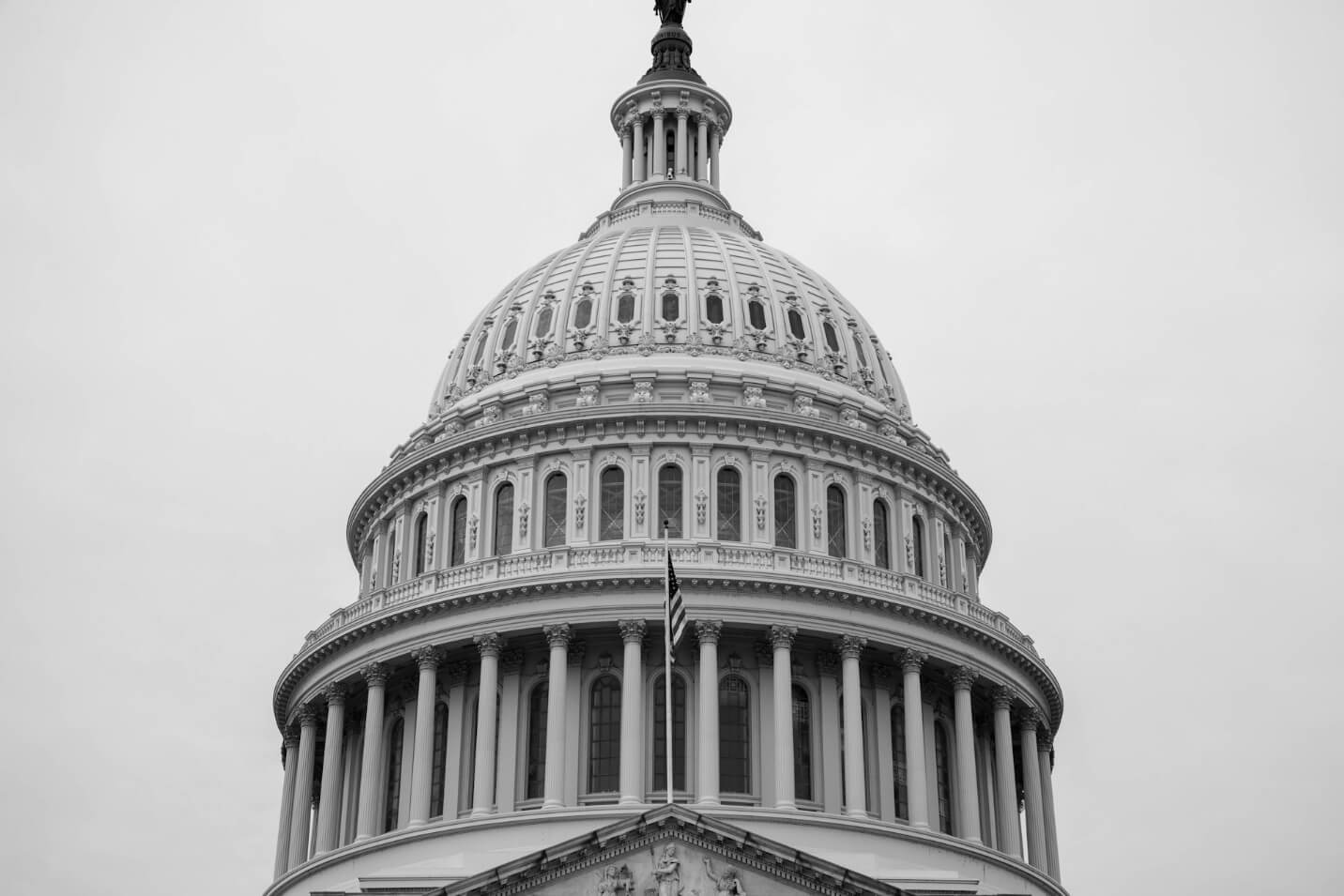WHAT IS A NON-COMPETE?
A non-compete clause is an agreement in a job contract that stops an employee from working for a competitor or starting a similar business, usually in the same area (and sometimes not), for a certain period of time after they leave the job. The Federal Trade Commission reports that about 30 million workers in the U.S., or one in five—20% of all American workers—are limited by non-compete clauses that keep them from looking for better job opportunities.1
While they are controversial, non-compete provisions have long been a standard part of many employment contracts. However, the FTC argues that these clauses suppress wages, stifle innovation, and limit job mobility, which harms the economy at large. Chair Lina M. Khan of the FTC highlighted the importance of job mobility as a core aspect of economic liberty.
What Just Happened?
On April 23, 2024, the Federal Trade Commission (FTC) announced a new regulation that prohibits non-compete agreements across all types of employment.2 The rule will take effect 120 days following its publication in the Federal Register, which sets the implementation date for Wednesday, August 21, 2024. This rule, which was initially put forward as a draft in January 2023, is poised to greatly affect a broad range of industries. Employers in these sectors have commonly used non-compete clauses to safeguard trade secrets and intellectual property, as well as to justify investing in employee training.
This rule represents a significant shift in U.S. labor policy and could be a pivotal shift in the balance of power between employers and employees. It underscores a broader movement toward enhancing worker rights and promoting a more dynamic and competitive economic environment. The potential implications on the landscape of American employment and business and employees are massive.
With the proposed rule, the FTC aims to remove these barriers, potentially increasing wages by nearly $300 billion annually and benefiting about 30 million American workers.
Under the new rule, employers would be prohibited from:
- Entering into non-compete agreements with employees.
- Maintaining existing non-compete agreements.
- Suggesting that non-compete agreements are still enforceable under certain conditions.
This rule is expected to apply to all for-profit employment relationships, including independent contractors and unpaid workers. However, it will not affect non-disclosure agreements unless they are so broad as to act like non-competes.
Expect Legal Challenges to the Ban
The Federal Trade Commission’s (FTC) recent move to ban non-compete agreements faces significant legal hurdles, notably from prominent business organizations such as the U.S. Chamber of Commerce. These groups contest the FTC’s authority to enforce such a ban, arguing that it may exceed the regulatory bounds set by the Constitution. They anticipate a series of legal challenges, possibly extending to temporary injunctions aimed at stalling the enactment of the rule.
Amidst these disputes, NLRB General Counsel Jennifer Abruzzo has issued a memo underscoring the problematic nature of overly restrictive non-compete clauses.3 Abruzzo’s memo argues that such agreements infringe upon workers’ rights under Section 7 of the National Labor Relations Act, which safeguards collective employee efforts to improve their work conditions. This stance highlights a clash between the preservation of employee rights and the FTC’s regulatory reach.
This conflict raises pertinent questions about the constitutional validity of the FTC’s actions. The Constitution—specifically Article I, Sections 14 and 5—establishes Congress’ legislative authority and power to regulate commerce. These sections imply that any substantial regulatory actions should directly stem from congressional statutes. In landmark cases like J.W. Hampton v. United States6 and A.L.A. Schechter Poultry Corp. v. United States7, the Supreme Court elaborated on the limits of congressional delegation. The “intelligible principle” requirement set by the Supreme Court in Hampton suggests a lenient threshold for validating delegated legislative power, while the Schechter Poultry decision reiterates that Congress cannot delegate core legislative functions. These potentially colliding precedents may play a crucial role in the upcoming legal scrutiny of the FTC’s directive to ban non-compete agreements.
What’s Next?
As the rule approaches its effective date on August 21, 2024, a key question may emerge: Will employers rush to enforce existing non-compete clauses before the rule takes effect? Legally, such actions could be seen as a direct challenge to the FTC’s authority and may ripen disputes and force the courts to rule on the Rule so workers and employers know what the rules really are. In other words, this is all far from over.
Still, employers need to prepare for a change in how they manage employment agreements. States like California, where non-compete provisions are already unenforceable, may provide a framework and road map for adapting to the new rule. However, the ultimate enforceability of the FTC’s rule will hinge on the outcomes of the anticipated legal confrontations.
Non-compete clause rulemaking (2024) Federal Trade Commission.
FTC announces rule Banning noncompetes (2024) Federal Trade Commission.
MEMORANDUM GC 23-08
U.S. Constitution, Article I, Section 1
U.S. Constitution, Article I, Section 8
J.W. Hampton v. United States, 276 U.S. 394 (1928)
7 A.L.A. Schechter Poultry Corp. v. United States, 295 U.S. 495 (1935)
–
Photo by Joshua Sukoff on Unsplash

